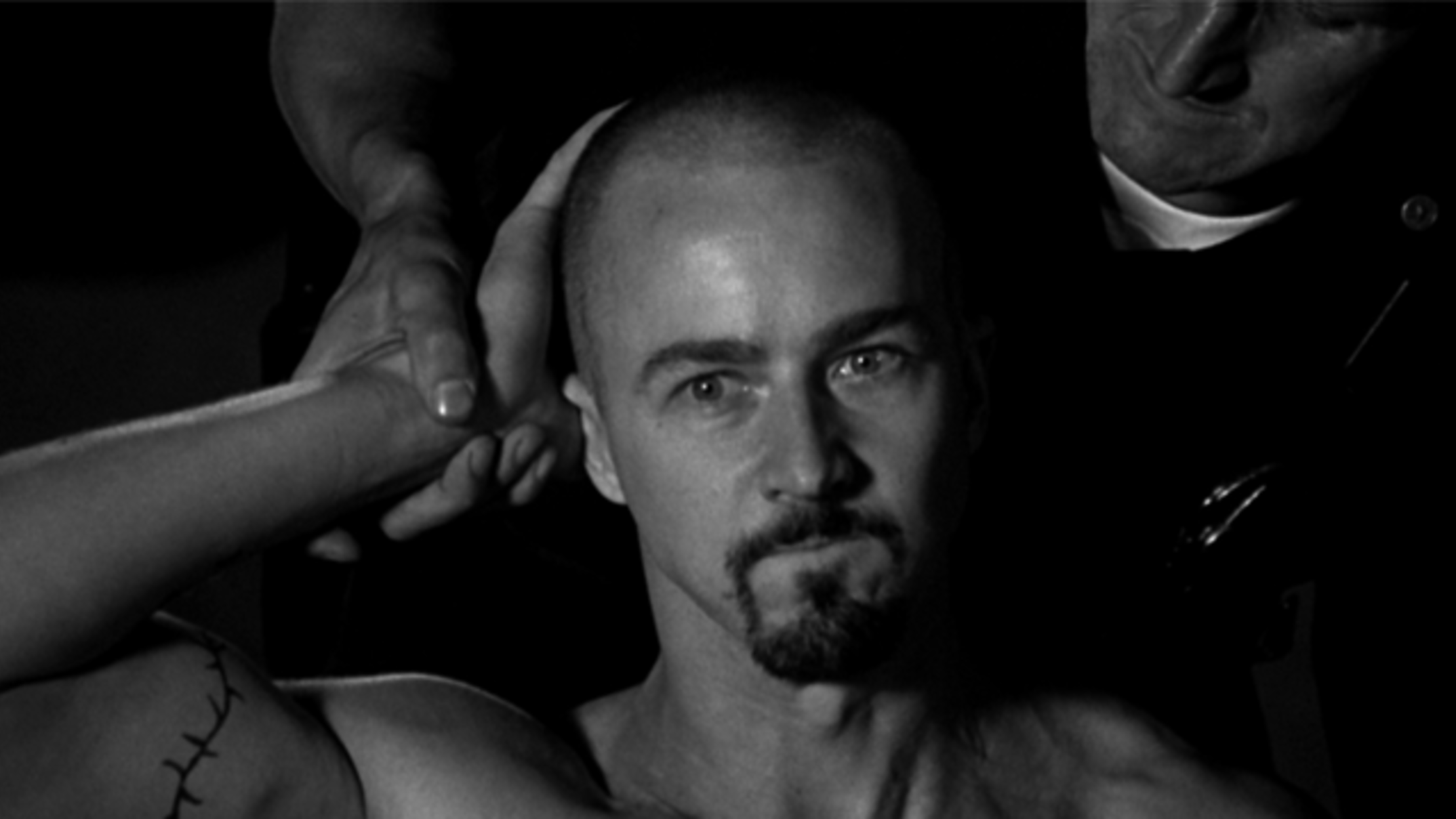Beginning with story x history, the narrative unfolds in a compelling and distinctive manner, drawing readers into a story that promises to be both engaging and uniquely memorable. Throughout history, storytelling has played a pivotal role in shaping our understanding of the past, influencing historical events, and serving as a powerful tool for historical interpretation.
From its origins in oral traditions to its evolution through written works and technological advancements, storytelling has left an indelible mark on human history. It has shaped historical narratives, promoted political agendas, and preserved historical knowledge, making it an indispensable aspect of our collective historical memory.
Historical Context of Storytelling

Storytelling, an ancient practice, has served as a powerful tool for conveying knowledge, preserving cultural heritage, and shaping historical events. Its origins can be traced back to the earliest civilizations, where stories were shared orally around campfires and in communal gatherings.
Across cultures and time periods, storytelling has taken diverse forms, including myths, legends, epics, fables, and parables. These stories often reflected the values, beliefs, and experiences of the societies that created them, providing insights into their history, culture, and worldview.
Forms of Storytelling
- Myths:Sacred stories that explain the origins of the world, natural phenomena, and human existence.
- Legends:Stories based on historical events or individuals, often embellished with fantastical elements.
- Epics:Long, narrative poems that recount the heroic deeds of legendary figures.
- Fables:Short stories that use animals or inanimate objects to teach moral lessons.
- Parables:Allegorical stories that convey religious or philosophical truths.
Influence on Historical Events
Storytelling has played a significant role in shaping historical events by:
- Preserving History:Oral traditions and written narratives have transmitted historical accounts, ensuring the preservation of knowledge about past events.
- Inspiring Action:Epic stories and legends have motivated individuals and groups to undertake heroic acts or pursue political goals.
- Justifying Power:Rulers and governments have used stories to legitimize their authority and maintain social order.
- Creating Cultural Identity:Shared stories and narratives have fostered a sense of belonging and unity within communities and nations.
The Evolution of Storytelling Techniques
Storytelling has undergone a remarkable evolution, from its origins in oral traditions to its manifestation in written works and the proliferation of new platforms in the digital age. This evolution has been driven by technological advancements and the emergence of new storytelling platforms, each with its unique characteristics and impact on audience engagement.
Oral Traditions
The earliest forms of storytelling were oral, passed down from generation to generation through spoken word and gestures. These stories often served as a means of preserving cultural history, teaching moral lessons, and entertaining audiences. Oral storytelling techniques relied heavily on improvisation, audience participation, and the use of vivid language and imagery to create a captivating experience.
Written Works
The invention of writing marked a significant turning point in the evolution of storytelling. Written works allowed stories to be recorded and disseminated to a wider audience, enabling them to transcend the limitations of oral tradition. Written storytelling techniques introduced new possibilities for character development, plot complexity, and the exploration of abstract concepts.
Technological Advancements
The advent of printing, photography, and film revolutionized storytelling by providing new mediums for expression. Printed books made stories more accessible to the masses, while photography and film allowed for the creation of visual narratives that could immerse audiences in the story world.
These technological advancements expanded the scope of storytelling, enabling creators to convey emotions and ideas in novel and engaging ways.
New Storytelling Platforms
The digital age has ushered in a proliferation of new storytelling platforms, including social media, streaming services, and virtual reality. These platforms offer unique opportunities for audience engagement, allowing creators to connect with their audience in real-time, gather feedback, and experiment with interactive storytelling formats.
The emergence of these platforms has further diversified storytelling techniques, blurring the lines between traditional and contemporary approaches.
The Role of Storytelling in Shaping History

Storytelling has played a pivotal role in shaping historical narratives, influencing how we perceive and understand the past. Through stories, individuals and communities have preserved, transmitted, and interpreted historical events, often with the intent of shaping political agendas or promoting social change.
The Influence of Storytelling on Historical Narratives
Stories have the power to shape historical narratives by providing a framework for understanding and interpreting past events. They offer perspectives, highlight specific aspects, and create a coherent narrative that can influence how we perceive history. For instance, the stories told by victors in wars or conflicts often become the dominant historical narrative, shaping our understanding of those events.
Storytelling as a Tool for Political Agendas
Storytelling has been effectively employed as a tool to promote political agendas. By crafting compelling narratives that resonate with audiences, individuals and groups can influence public opinion, sway elections, and shape policies. Political leaders and organizations often use stories to mobilize support, justify actions, or discredit opponents.
The Power of Stories to Preserve and Transmit Historical Knowledge
Stories serve as a powerful means of preserving and transmitting historical knowledge across generations. Oral traditions, written accounts, and visual representations of stories have been instrumental in passing down historical events, cultural traditions, and collective memories. These stories provide insights into the past, allowing us to learn from the experiences and mistakes of our ancestors.
Storytelling as a Tool for Historical Interpretation: Story X History
Storytelling has emerged as a powerful tool for historical interpretation, offering unique insights into past events and perspectives. By weaving together historical facts and fictionalized narratives, storytellers can illuminate the complexities of history and foster a deeper understanding of the human experience.
Fictionalized Accounts for Historical Exploration
Fictionalized accounts, such as historical novels and films, can provide valuable glimpses into the past by recreating historical settings and characters. These narratives allow readers and viewers to experience events from different perspectives, gaining a more nuanced understanding of motivations, beliefs, and social dynamics.
By presenting history through a fictional lens, storytellers can humanize historical figures and make their experiences more relatable to contemporary audiences.
Ethical Considerations in Storytelling for Historical Interpretation, Story x history
While storytelling offers immense potential for historical interpretation, it also raises ethical considerations. Storytellers must balance the need for historical accuracy with the creative license necessary for effective storytelling. Distorting or fabricating historical events can undermine the credibility of the narrative and mislead audiences.
It is crucial to ensure that storytelling adheres to established historical facts while allowing for creative exploration that enhances understanding.
Case Studies of Storytelling in History

Storytelling has played a pivotal role in shaping our understanding of historical events and figures. By crafting narratives that resonate with audiences, storytellers can influence how we perceive and interpret the past.
The Trojan War
The Trojan War, as recounted in Homer’s epic poems the Iliad and the Odyssey, is a prime example of how storytelling can shape historical events. Homer’s tales, while based on a kernel of truth, were embellished with mythical elements and heroic exploits, creating a narrative that has captivated audiences for centuries.
- Homer’s portrayal of the war as a conflict between the gods and mortals influenced the religious beliefs and practices of the ancient Greeks.
- The story’s emphasis on heroism and sacrifice inspired later generations of soldiers and leaders.
The American Revolution
Storytelling played a crucial role in galvanizing support for the American Revolution. Pamphlets, newspapers, and speeches disseminated narratives that portrayed the British as tyrannical oppressors and the colonists as heroic defenders of liberty.
- The “Boston Tea Party,” depicted as a patriotic act of defiance, became a rallying cry for the colonists.
- The story of George Washington crossing the Delaware River on Christmas Eve inspired hope and unity among the Continental Army.
The Holocaust
The Holocaust is a sobering reminder of the power of storytelling to distort and conceal historical truth. Nazi propaganda portrayed Jews as a subhuman threat, justifying the genocide that followed.
- The stories of survivors and the documentation of atrocities have helped to expose the horrors of the Holocaust and counter the Nazi narrative.
- Storytelling continues to play a vital role in preserving the memory of the Holocaust and preventing its recurrence.
Conclusive Thoughts

In conclusion, story x history highlights the enduring power of storytelling as a force that shapes our understanding of the past and continues to influence our present. By examining the historical context of storytelling, its evolving techniques, and its role in shaping history, we gain a deeper appreciation for the significance of storytelling in our lives and its enduring impact on the human experience.
Expert Answers
What is the historical context of storytelling?
Storytelling has been a practice throughout history, with its origins in oral traditions. Different cultures and time periods have developed their own unique forms of storytelling, which have influenced historical events.
How have storytelling techniques evolved over time?
Storytelling techniques have evolved from oral traditions to written works, with technological advancements impacting storytelling methods. New storytelling platforms have emerged, changing audience engagement.
What is the role of storytelling in shaping history?
Stories have influenced the formation of historical narratives, been used to promote political agendas or social change, and have the power to preserve and transmit historical knowledge.
How can storytelling be used as a tool for historical interpretation?
Storytelling can enhance our understanding of past events, explore historical perspectives through fictionalized accounts, but ethical considerations must be taken into account when using storytelling for historical interpretation.
Can you provide examples of storytelling in history?
Specific historical events or figures have been shaped by storytelling, which has impacted the perception and interpretation of these events, contributing to our collective historical memory.